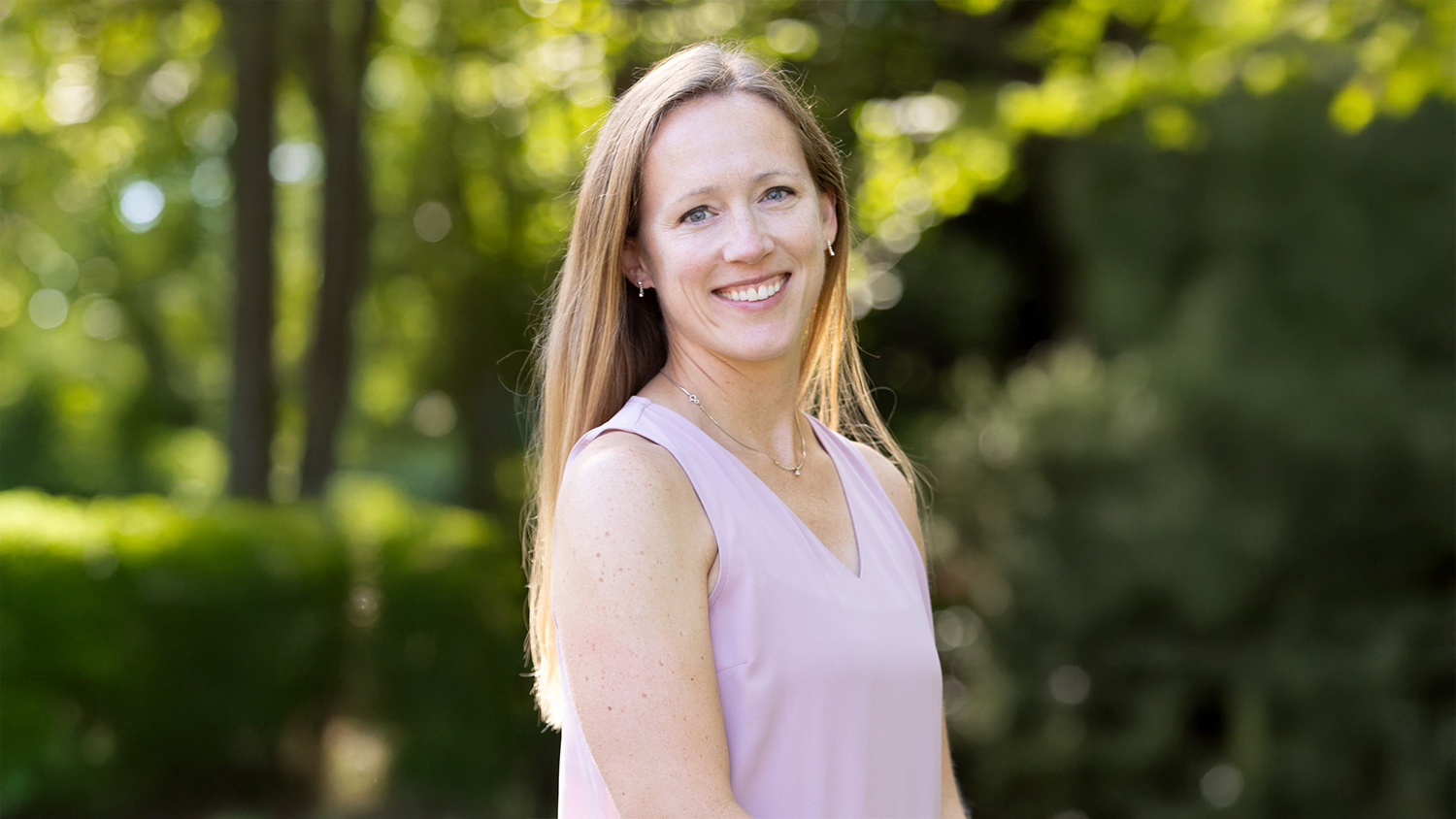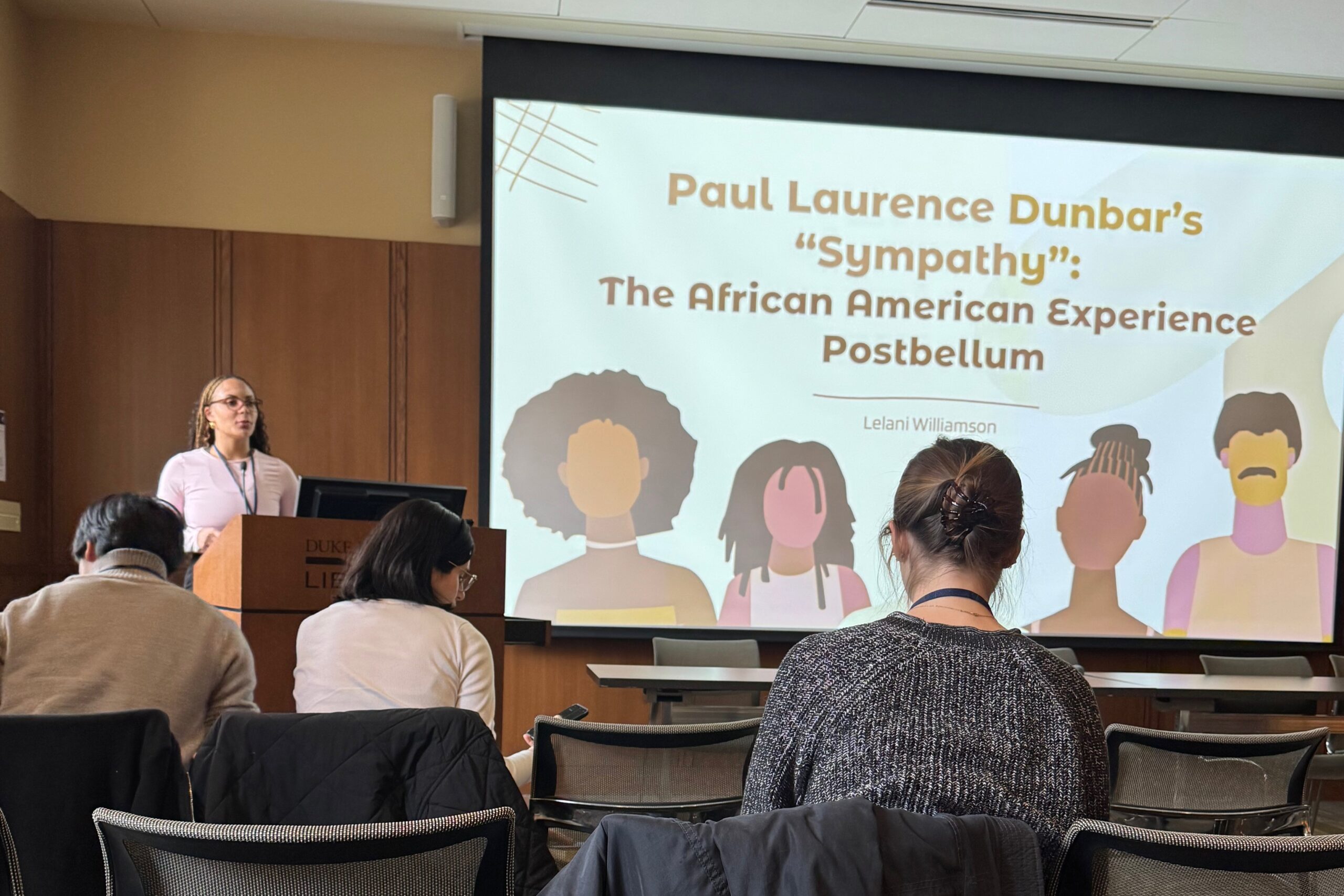Spotlight on our Students: Public Health Research in Cyprus
“The University Scolars Program prepared me for this by giving me the opportunity to interact and learn from different professionals in the research industry. “
In this edition of Spotlight on Our Students, we caught up with Christa Parrish about her experiences in Cyprus as an intern at the Water and Health Laboratory of the Cyprus International Institute of Environmental and Public Health (WHL). Christa is a rising second-year Scholar from Hampstead, NC majoring in Chemical and Biomolecular Engineering. Read on to learn more about her time in Cyprus and at her internship.
USP: Christa – hi there! We know you’re busy as a bee in Cyprus, so thanks for taking time to answer a few questions for us today. First, can you tell us a bit more about the focus of your internship with the Water and Health Laboratory in Cyprus?
CP: This summer I don’t have a specific project, I’m more just serving as an intern in the Water and Health Laboratory of the Cyprus International Institute of Environmental and Public Health. Based on my interests in computational biology, I’m going to be doing mainly data analysis (for a nerd like me, it’s much more exciting than it sounds).
USP: Hey, no nerd shaming here! Celebrate your intelligence. What inspired you to get involved with this organization so far away from home?
CP: Honestly, just genuine enthusiasm for scientific research making groundbreaking strides in the health care field. I am fortunate enough to take part in this summer internship because I found the lab’s website and shot the professor a quick email. It’s far away from home, which I knew would be a challenge for me, but the opportunity to travel across the world and get to be around novel research was too exciting to pass up!
USP: That’s a really bold move – we applaud that sense of adventure and determination. What do you hope you or your team will accomplish during your time in Cyprus?
CP: At the beginning of my time here I had it in my head that I was going to somehow come into a foreign lab and walk out with my own paper-worthy research project. I have realized now that while that ambition was good to start off with, it was a bit much. I believe now my focus has shifted more towards learning how to be a cooperative team member, learning new skills that I wouldn’t necessarily pick up researching at home, and to broaden my cultural perspectives by traveling around Cyprus.
USP: It’s so important to have those realizations early on – that having big goals is a worthy pursuit, but that sometimes the reality of a situation plays a heavy role in shaping the outcome. What are some of your main responsibilities with the WHL?
CP: Well actually, this week I started something rather exciting. There’s been a recent push globally for researchers in the healthcare/biology field to not only consider genetic foundations for diseases but environmental as well. To address this an interdisciplinary approach, called Environment-Wide Association Studies (EWASs), is being toyed with. Essentially the study finds all the correlations between certain disease phenotypes and environmental exposures to find factors of the human exposome (all of the environmental factors you are exposed to from conception till death) that correlate with these phenotypes. I’m trying to build this sort of study from scratch using data from previous projects in the lab. I think the end result will be really interesting and insightful, but boy, I have a lot to learn before I get there.
USP: So that is really groundbreaking stuff! Amazing. Would you say your time as a University Scholar has helped prepare you for this experience in any way?
CP: The USP prepared me for this opportunity by giving me the chance to interact and learn from different professionals in the research industry. I remember sometime last fall I went to a career panel and everyone on the panel had completely different science-related jobs, yet everyone had really similar experiences highlighting the need to be flexible in their career path. I took away from that panel that the direction I wanted my career to head was important but the path almost certainly didn’t have to be straight. I think that also gave me the boost of courage I needed to reach out to this lab’s professor about working with them — the work they do is stuff I have never even looked at before, but I knew the experience would help me grow professionally and academically.
USP: I think you should get a gold star for that shining endorsement! You’ve learned to push past your comfort zone and embrace new challenges. Now, Cyprus is a long way from home, as you mentioned, and there are bound to be all sorts of cultural differences you’re experiencing. What’s the most interesting thing you’ve experienced there so far?
CP: HA! Cyprus is a small island, but the longer I’m here the weirder it gets. A few days ago I went on a hike in the Troodos mountains. After a mildly difficult 1.5km hike, my friend and I made it to these absolutely gorgeous waterfalls; about ten minutes later, a man with an accordion did, too. I think the wildest part of that is not that he was now playing the accordion at a waterfall, but the fact that he hiked 1.5km with it.
USP: HA! That really is unusual. Maybe that is a prime practice area for the accordion? Before you go, can you finish by telling us the best advice you’ve ever received?
CP: Be patient with yourself. I think almost every family member has said that to me at some point in my life, but I don’t think it ever sunk in until I arrived in Cyprus. Starting a new job is one thing, but starting a new job in a new country with no sort of community around you is an entirely different beast. I had to be patient with myself in order to adjust, and I am absolutely grateful for the years of my family telling me that.
USP: That is great advice indeed. Well, best of luck to you in the coming weeks. We’ll look forward to hearing more about your experience when you get back to the States.
- Categories:


